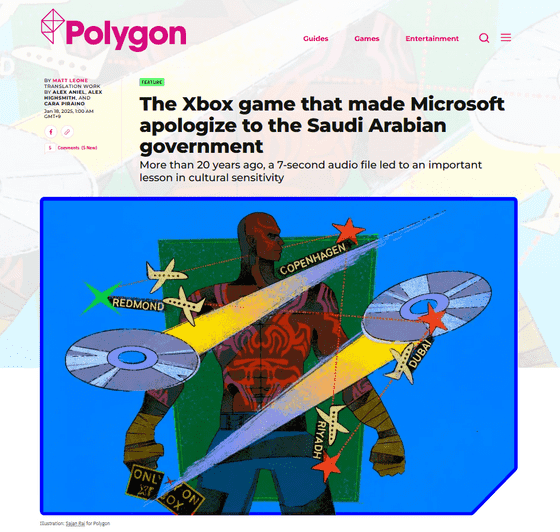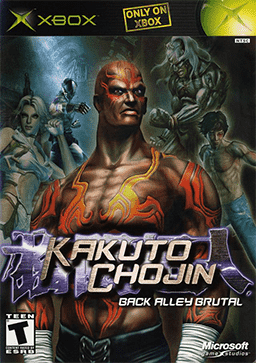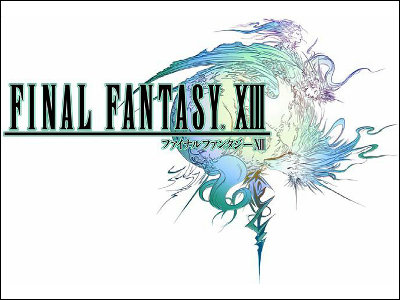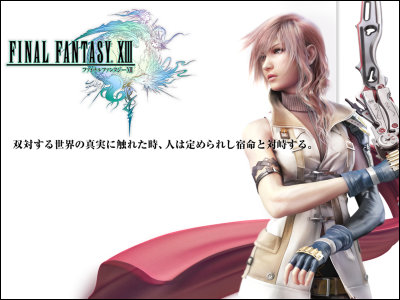What was the incident where Microsoft apologized to Saudi Arabia because of a 7-second audio file?

In 2002, Microsoft released the Xbox game '
Why Microsoft recalled Xbox game Kakuto Chojin | Polygon
https://www.polygon.com/features/507655/kakuto-chojin-microsoft-saudi-arabia

The game 'Kakutou Chojin' was developed as a killer software for Microsoft to sell the original Xbox to the Japanese market, and was developed by
After completing ' Bouncer ,' Ishii's game development company, Dream Factory, changed its name to Dream Publishing at the same time that Microsoft launched the Xbox Group in Japan, and began developing Fighting Superhuman in collaboration with a Microsoft-affiliated game studio.
Jonah Nagai, who previously worked as a product planner at Microsoft Japan, recalled the negotiations at the time, saying, 'They were the team everyone wanted to work with, and the Xbox business in Japan had only just launched, so it's not like we at Microsoft had an advantage. It's just that Microsoft's new, small team worked with game creators who were, if not legendary, then close.'

The development project for Fighting Superman began as a technical demo called 'Project KX,' and then evolved into a flagship title with a dark and violent atmosphere. The graphics in particular were impressive, and it was strategically positioned as a launch title designed to showcase the visual capabilities of the Xbox.
However, development delays meant it was not completed in time for the Xbox's release, and reviews were criticized for its thin content and lack of originality, so it did not live up to Microsoft's expectations.
Yoshikatsu Kanemaru, a producer at Microsoft Japan, said, 'I remember that one year at
However, Fighting Superman had a more serious problem than the pre-release reviews and the market share battle with similar titles. The problem was that the background music for the Somali Muay Thai fighter 'Assad' in the game had parts that sounded like Arabic chants.

In November 2002, just before the game's release, Kate Edwards, head of the geopolitical strategy team, heard about the problem and obtained an audio file of the game. She had Ahmad Mustafa, an Arabic scholar who worked in the same building, check it out. He discovered that the audio was from the Quran, a passage from 'Surat al-Ikhlas,' which refers to the virtues of God.
Mohammed Khateeb, who was Microsoft's managing director for the Middle East at the time, explained how serious this was. 'In Saudi Arabia, Islam plays a central role in every aspect of life and the Quran is revered as the word of God. Therefore, verses from the Quran must be recited with great solemnity and it is considered extremely disrespectful to listen to it with music or as part of entertainment, especially when associated with violent video games,' he said.
An internal investigation revealed that the audio file in question had also been used in 'The Legend of Zelda: Ocarina of Time,' released by Nintendo in 1998, and that a composer at Microsoft Japan, who was a fan of the game, had included it in the background music.
After further investigation by online fans, it was discovered that the audio in question, 'prayer 1,' was from the sample CD 'Voice Spectral Vol.1' released in 1995 by German sampling library production company Best Service.
When this issue became known, the game had already been shipped with Assad in the center of the packaging, so Microsoft decided to leave the ROMs that had already been produced untouched, but to replace the audio file in future ROMs.

In addition, Polygon randomly purchased 10 fighting superhumans on eBay and checked them, and found that 3 were BGM-edited versions and 7 were the original versions.
About three months after the problem was discovered, Fighting Superhuman became a hot topic on Arabic message boards and was picked up by major news outlets, escalating to the point where the Saudi Arabian government wrote Bill Gates a letter about it.
At the time, Microsoft wasn't selling Xboxes in the Middle East, but a significant number were being imported into Saudi Arabia, and Microsoft knew there were thousands of Xboxes registered in the country.
Kanamaru said there was talk of anthrax-containing packages being sent to Microsoft's U.S. offices. Other Microsoft people who spoke to Polygon said they had never heard of anthrax, but in any case, the case was a particularly sensitive issue at the time, as U.S. troops were being sent to the Middle East in preparation for the Iraq War.

Microsoft then issued an official apology on February 6, 2003, and recalled Fighting Superman, resulting in the game being recalled from stores in Japan, where shipments had been delayed, even though the audio file had been corrected, and the game's release in Europe was also halted.
After the recall, Microsoft and Dream Publishing parted ways. According to Kanamaru, Dream Publishing had already received compensation, so no damages were incurred, but it was a bittersweet incident for those involved.
James Spahn, who was a supervisor at Microsoft Japan, said, 'With any title, developers want to build a franchise, so I think it was a huge disappointment to have the game recalled so soon after release, ending any hope of a sequel. At least for the Japanese development team, it was like the whole genre was shelved, so it was disappointing for us and for Mr. Ishii.'
Since then, all games developed by Microsoft have been subject to review by the geopolitical strategy team.
'The big lesson I learned from this is that gaming, like any form of entertainment, is very cultural in nature,' said Robbie Bach, who was head of Microsoft's Xbox division at the time. 'If you want to be successful in a market, you have to respect the local culture.'
Related Posts:
in Game, Posted by log1l_ks







